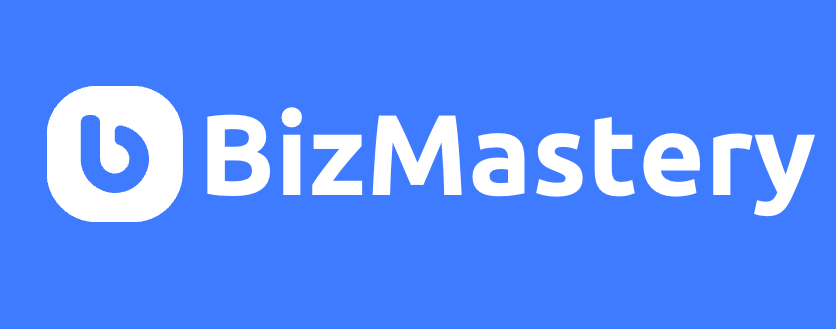In the changing and unpredictable world of business today companies face challenges that require adaptable strategies and effective decision making. An popular tool that has emerged in years is scenario planning, a proactive approach, to strategic thinking that helps businesses anticipate possible future scenarios make well informed choices and enhance their ability to navigate uncertainty.
Understanding Scenario Planning
Scenario planning is a technique used for foresight where organizations create a range of future scenarios to explore different potential outcomes and understand their implications. Unlike strategic planning methods that rely heavily on projections based on past data scenario planning recognizes the complexity and uncertainty present in the business environment. It embraces the concept that the future is not predetermined but influenced by factors such, as technological advancements, regulatory changes, market trends and geopolitical shifts.
The process of scenario planning typically involves steps;
- Identifying Key Uncertainties; Organizations begin by identifying uncertainties that have potential to shape their future. These uncertainties could be related to breakthroughs, market dynamics, consumer behaviors, economic trends or any other factors impacting the business landscape.
Developing Scenarios; Once organizations have identified the uncertainties they create a plausible scenarios that depict different combinations of these uncertainties. These scenarios are essentially stories that envision how the future might unfold. They are not predictions but narratives aimed at helping stakeholders consider possibilities.
Exploring Implications; For each scenario organizations analyze how it could potentially impact aspects of their business including products, services, operations, supply chain, workforce and finances. This analysis helps identify both opportunities and risks associated with each scenario.
Adapting Strategies; Based on the insights gained from exploring scenario implications organizations can adjust their strategies to make them more robust and adaptable. By considering a range of futures businesses can make informed decisions that are more likely to succeed across different scenarios.
Monitoring and Iteration; The business landscape is constantly evolving. Therefore organizations must continuously monitor indicators of change. Adapt their scenarios and strategies accordingly. Revisiting and refining scenarios ensures that strategies remain relevant and effective.
The Benefits of Scenario Planning
Improved Preparedness; Scenario planning equips organizations, with the ability to anticipate and prepare for outcomes. This preparedness is crucial, in a world where disruptive events can reshape industries overnight.
Informed Decision Making;Considering multiple potential scenarios enables decision makers to make informed choices that align with the goals of the organization, across different possible futures. This approach helps minimize the risk of making decisions that’re only suitable for one projected future.
Risk Management; Scenario planning provides businesses with a means to identify risks that might be overlooked in planning. By acknowledging these risks organizations can develop strategies to mitigate them and enhance their resilience.
Innovation; Scenarios often push the boundaries of thinking by exploring unexpected futures. This fosters thinking and enables organizations to uncover opportunities that they may have otherwise missed.
Alignment and Communication; The process of scenario planning facilitates alignment among stakeholders by fostering a shared understanding of potential challenges and opportunities. It also improves communication by offering a way to discuss uncertain possibilities for the future.
Real World Applications;
Many organizations have successfully utilized scenario planning to navigate uncertainty and guide their decisions.
Shell; Shell, the energy giant provides an example of scenario planning. In the 1970s Shell employed this approach to anticipate the oil crisis and prepare for its impact, on operations. This forward thinking allowed them to adapt their strategies and maintain resilience during a period.
KLM, the Royal Dutch Airlines, utilized scenario planning to prepare for the uncertainties that arise in the aviation industry. They took into account factors like fluctuations, in fuel prices, economic downturns and changing customer preferences. This approach allowed KLM to make decisions aimed at maintaining profitability and operational efficiency.
The Walt Disney Company also employed scenario planning to anticipate futures in the entertainment industry. They considered elements such as advancements, emerging competitors and evolving consumer behaviors. This strategic approach helped Disney identify opportunities for growth including their entry into the streaming services market with Disney+.
However it’s important to acknowledge that scenario planning does present challenges and considerations which organizations must be mindful of;
- Resource Allocation; Developing and analyzing scenarios can require resources and time investment. Organizations need to ensure they allocate resources to this process in order for it to be effective.
- Balancing Perspectives; There is a risk of scenarios becoming overly focused on outcomes fostering a culture of excessive risk aversion within the organization. It is crucial for organizations to strike a balance between exploring both negative possibilities.
- Complexity Management; Crafting scenarios that accurately capture the complexity of the business environment necessitates consideration of factors. Overly simplistic scenarios may fail to provide insights.
In summary while scenario planning offers benefits, for organizations navigating landscapes it is essential for them to address these challenges wisely in order to fully leverage its potential.
Resistance to Change; Some stakeholders may be hesitant to adopt scenario based strategies particularly if they disrupt the state of affairs or require shifts, in mindset.
Embracing the Future with Confidence
In a world marked by change, uncertainty and complexity scenario planning has become a tool for businesses to navigate the upcoming challenges. By creating narratives that explore futures and evaluating their implications organizations can make well informed decisions that position them for success in different scenarios. Although scenario planning doesn’t eliminate uncertainty entirely it provides businesses with foresight and adaptability to thrive in a evolving landscape. As technology continues to reshape industries and global dynamics evolve scenario planning remains a practice, for developing future ready business strategies.





